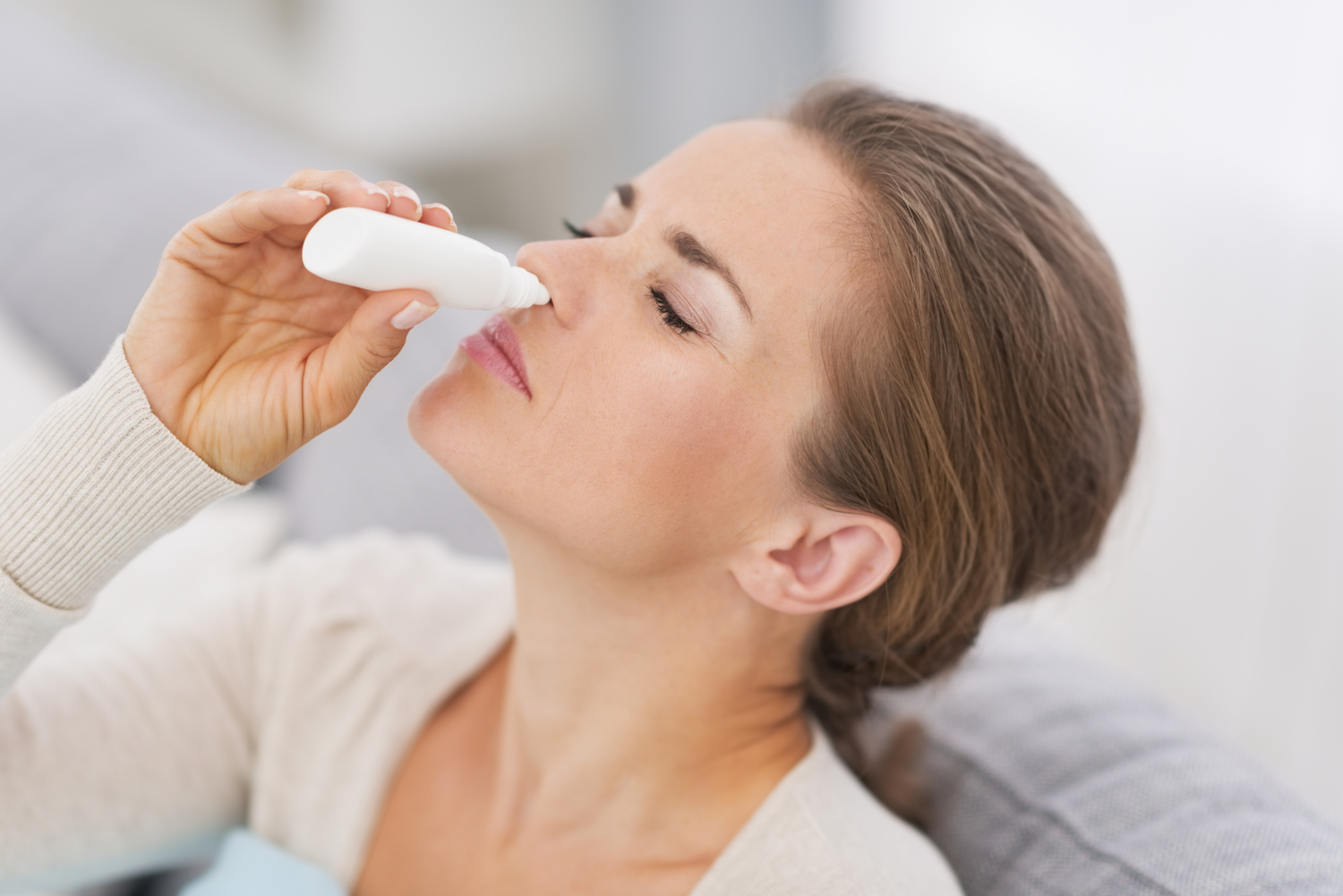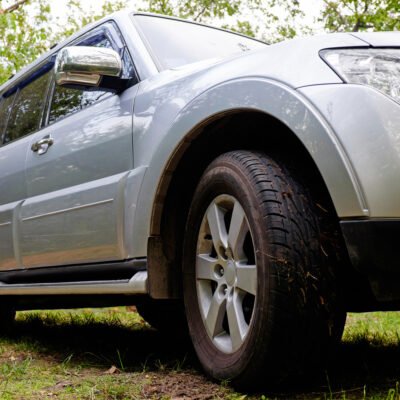
Nasal Polyps: Symptoms and Prevention
Nasal polyps are little sacs that form in the nasal passageway and can cause a lot of complications. Some symptoms of nasal polyps include loss of smell and taste, postnasal drip, and upper tooth and facial pain. Things like allergies and nasal polyps go hand in hand and one often affects the other. Some prevention measures for nasal polyps include a saline nasal rinse or spray, a humidifier or even surgery. Let’s review some potential treatment options for nasal polyps:
1. Nasal steroids and allergies
Allergy and asthma medications often take the form of some form of nasal steroid or steroid in spray form. The nature of allergies increases the odds of developing nasal polyps much higher. This is because allergies create a dry environment in the nasal cavity. Keeping your allergies in check is a great preventive measure for preventing nasal polyps.
2. Saline drip solutions
A saline drip or spray can help add moisture to the nasal cavity. Nasal polyps often develop when things get a little too dry and arid in the nose. A saline solution can also help by flushing out particles from the nose and keeping it fairly clean. A saline solution can be bought over the counter in a store or can be homemade. A typical recipe for a saline solution is about 3 tsp of non-iodized salt and some distilled water. You use something like a pot or other tool to run the solution through your nose. The solution goes in one nostril and comes out the other.
3. Add moisture to a room
This device adds moisture to a room. This follows the idea that getting into a moist, or just less dry, is what’s key for preventing nasal polyps in the long run. It puts moisture in a room by turning water into vapor and expelling it into the room. You just fill the water container and turn it on. The price for one does vary but it is a good preventive measure.
4. Surgery
Surgery can be seen as a last resort but it is a rather effective method. Nasal polyps surgery cuts out the polyps and clears the nasal passages up. This can be a good preventive measure in its own right because getting the nasal polyps while they’re small is ideal. Waiting until polyps get too big is just going to make things a lot worse.
5. Allergy medications
A strategy for preventing nasal polyps would be to deal with any allergies present. Doctor prescribed medication for nasal polyps may include nasal sprays like fluticasone (Flonase, and Flovent HFA, Xhance), budesonide (Rhinocort), clesonide (Omnaris, Alvesco, Zetonna).
Nasal polyps can be a very uncomfortable condition. Some of the symptoms include facial pain, postnasal drip, and many other things. Treating and preventing nasal polyps can be rather simple. The idea is to keep irritants like dust out the nasal cavity and to keep it moist. A dry nasal cavity contributes to nasal polyps a lot.


